Friday, June 20, 2025
EHA holds its 2025 Annual General Meeting
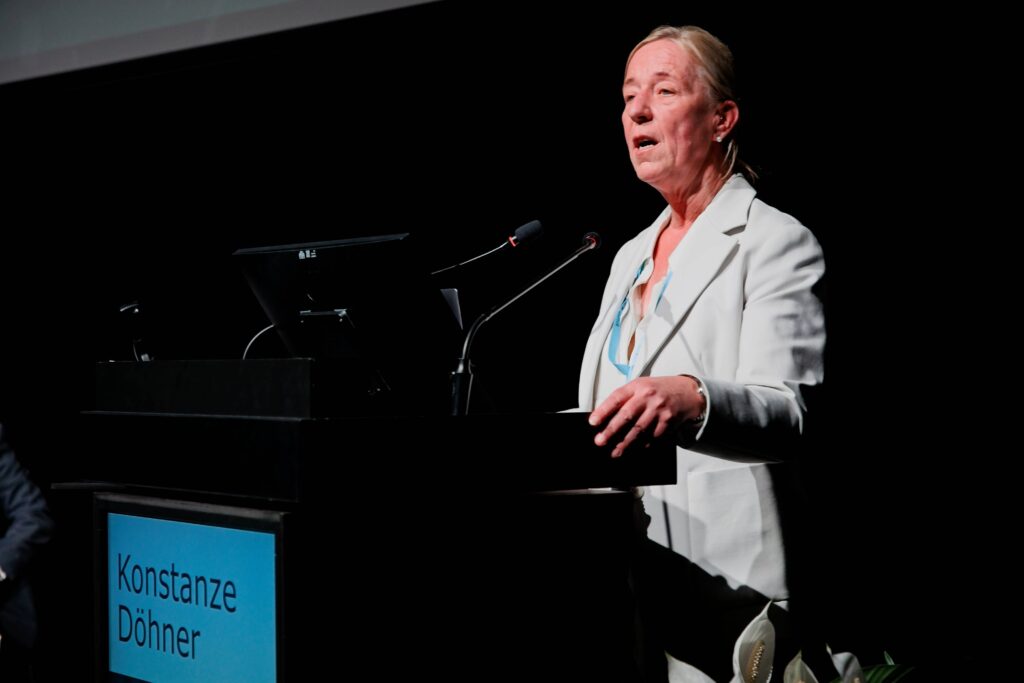
Friday, June 13, 2025
Pioneering discoveries take center stage at EHA2025
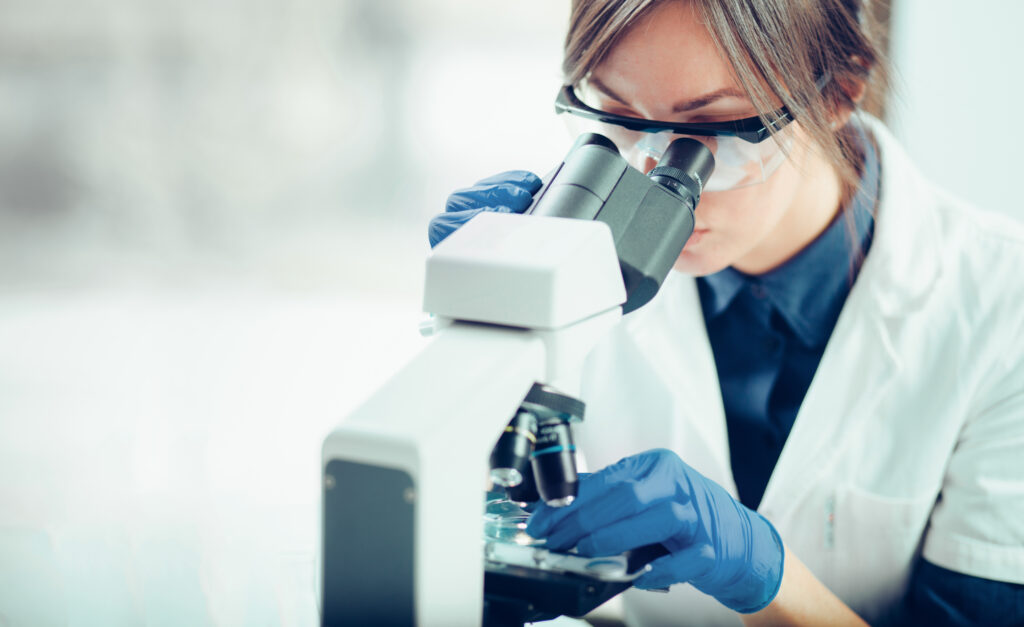
Thursday, June 12, 2025
EHA honors distinguished leaders in hematology
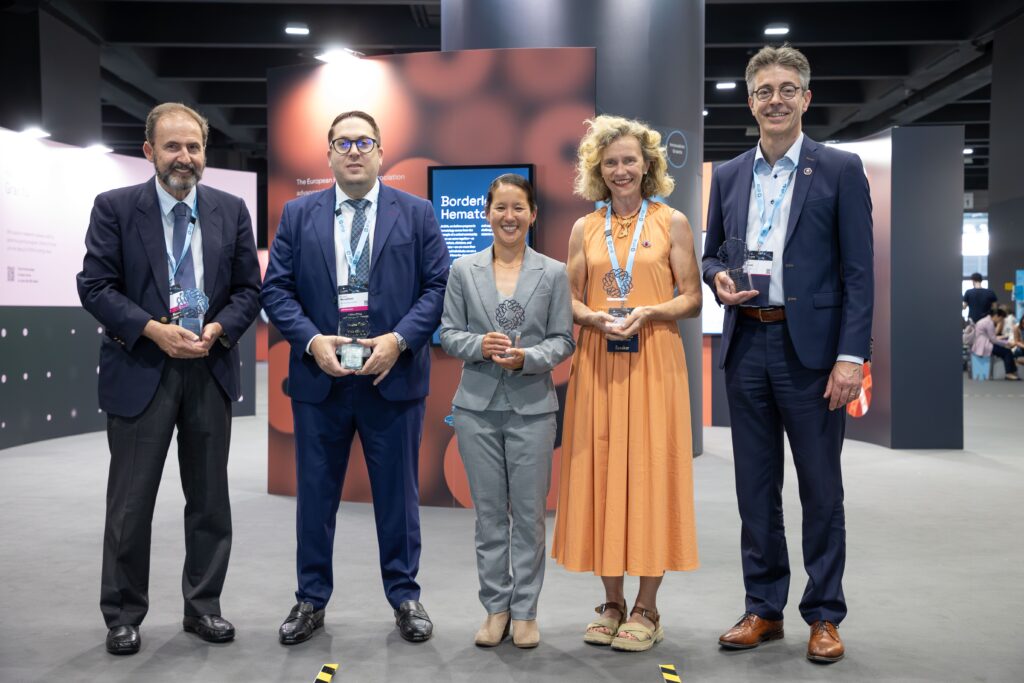
Thursday, June 12, 2025
EU CAR-T Handbook released to advance clinical practice and education

Tuesday, June 3, 2025
EHA and the European Cancer Organisation publish ‘Essential Requirements for Quality Cancer Care’
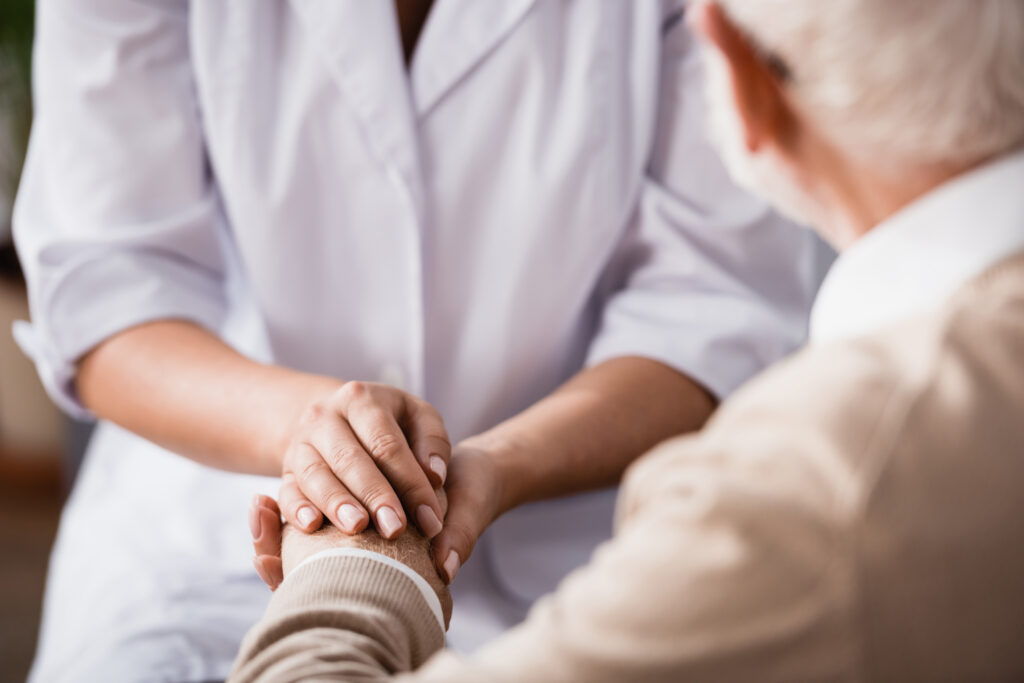
Monday, May 26, 2025
European Affairs track at the EHA2025 Congress

Tuesday, April 22, 2025
EHA co-authors policy paper on drug repurposing

Tuesday, April 22, 2025
EHA updates its position on the EU pharmaceutical legislation
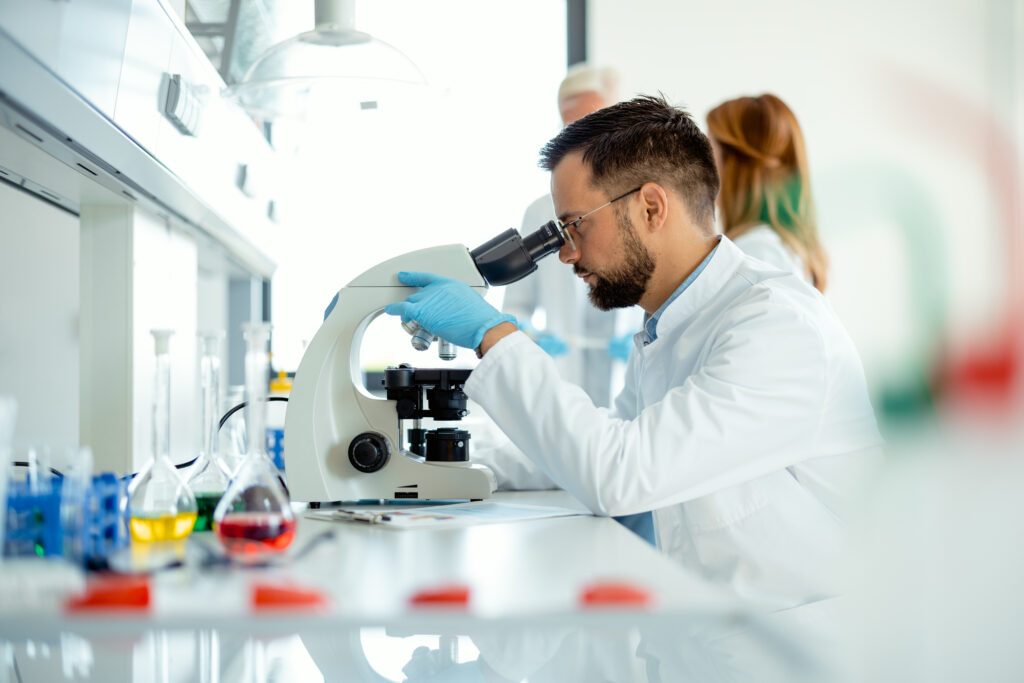
Monday, January 13, 2025
EHA pays tribute to Professor Jacques-Louis Binet (1932–2024)
Archive
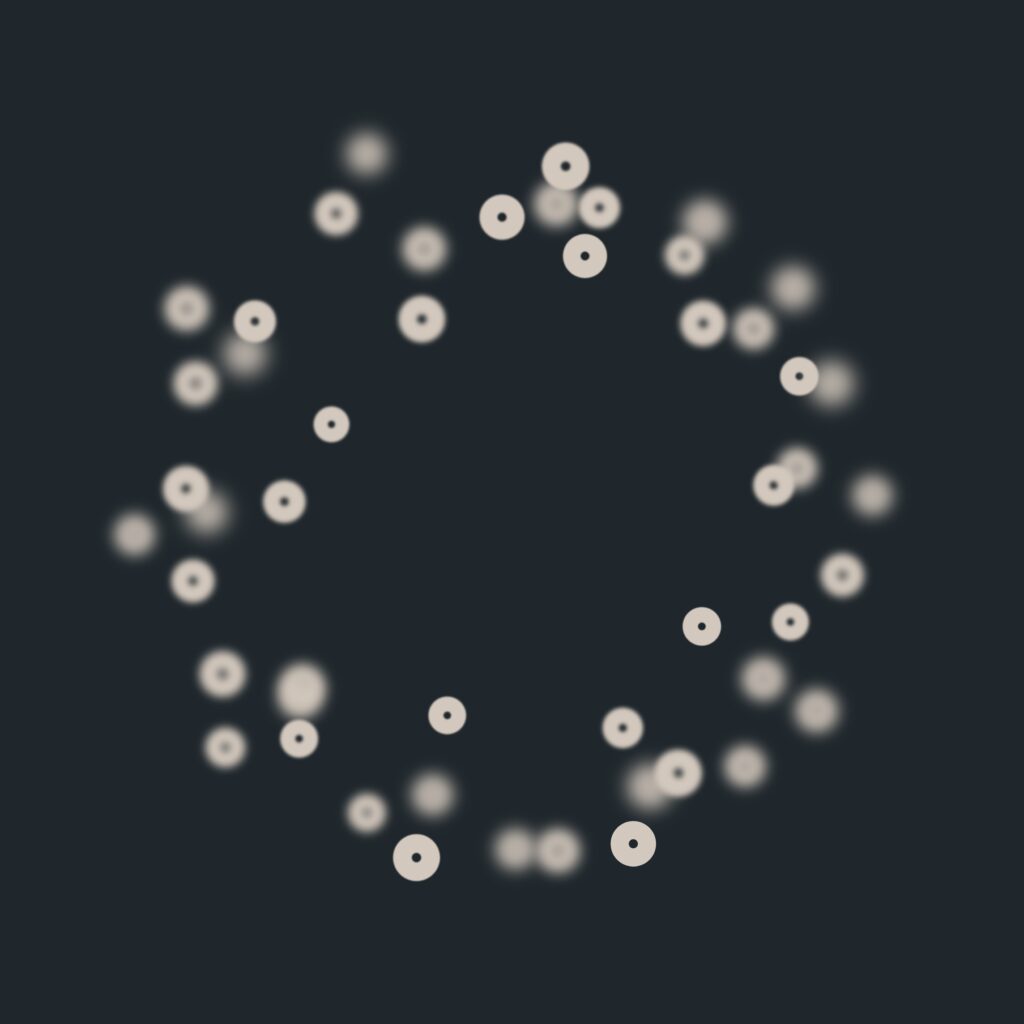
Tuesday, December 10, 2024
From bedside to Brussels: hematology at the forefront of EU health policy
Archive

Wednesday, August 14, 2024
The ‘i4MDS’ consortium looks to the future at its second general meeting
Archive

Wednesday, August 14, 2024
‘i4MDS’ consortium wins prestigious EHA Innovation Grant
Archive
